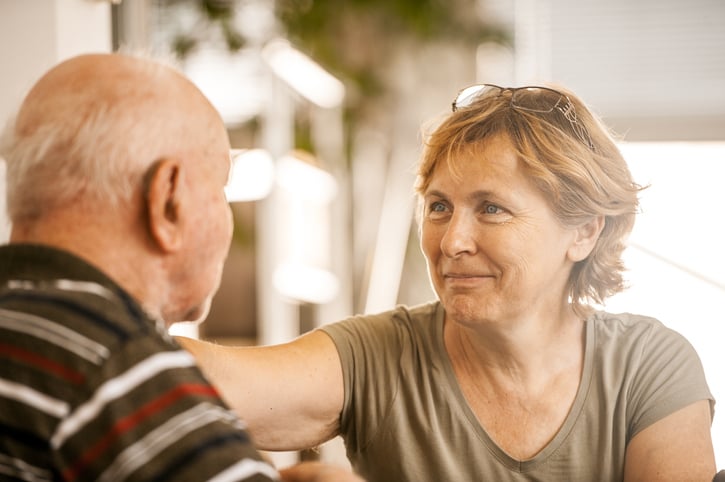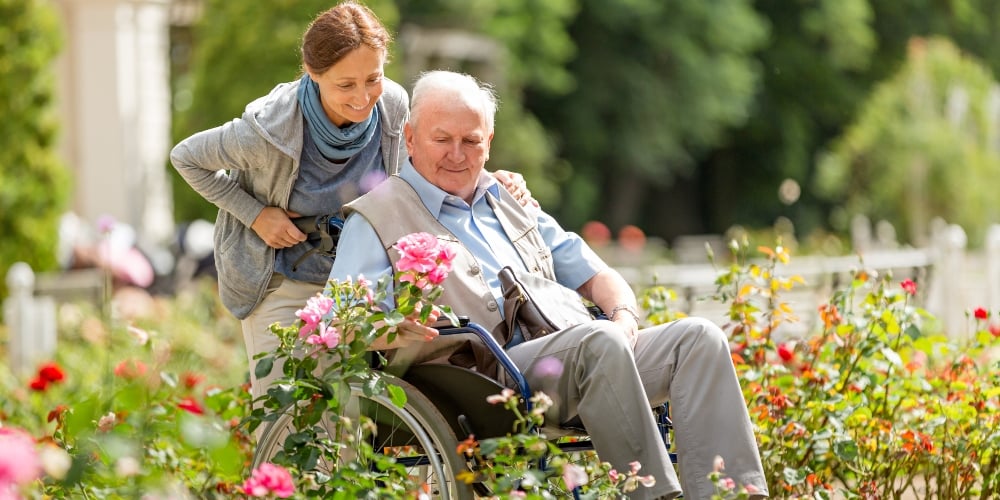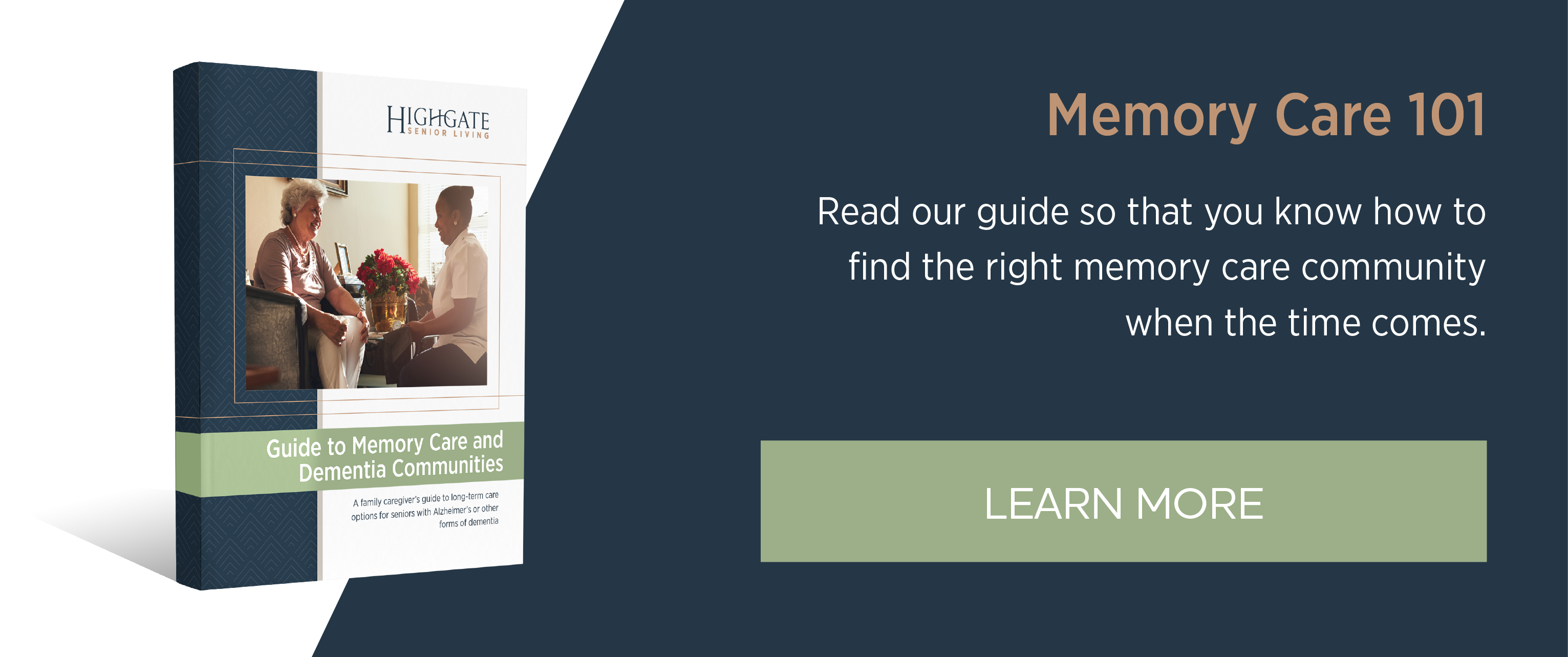
A diagnosis of Alzheimer’s or any form of dementia is life-changing for both diagnosed individuals and those close to them.
Maybe your mom was recently diagnosed with dementia. She’s still able to live and function independently, but she’s misplacing things more often and occasionally exercising unusually poor judgment. Or perhaps your dad is in the middle stage of dementia. He’s forgetting to change clothes each day, and you’re noticing some personality changes, such as compulsive, repetitive behaviors.
You Want What is Best for Your Loved One
Regardless of what stage of dementia your loved one is in, you want to help them be comfortable and. The hardest part might be realizing you can’t do it alone.
Memory care facilities and other dementia caregiver resources are designed to provide the extra attention and expertise that people with dementia require. But there are a few unfortunate myths and misconceptions out there about memory care that can get in the way of seniors — and their caregivers — getting the care they need.
Caregiver Burn Out is Real
When family caregivers attempt to care for their loved one at home, instead of moving their loved one to a memory care facility, “the family member can get burned out, and it may create a difficult environment for their loved one,” says Karla Webster, memory care coordinator at Highgate at Temecula.
If you are coping with changes in mood, safety concerns, and limiting outings, or if you are putting your own health and well-being second, memory care communities offer a safe environment specifically designed for those with dementia-related diagnoses with team members who are specially trained to handle even the most challenging of days.
Fears vs. Reality in Memory Care
Here’s a look at three reasons families might be reluctant to consider memory care for a loved one with dementia — and three reasons why memory care and other dementia caregiver resources can help your loved one live a meaningful and fulfilling life.
Fear: My Loved One Will Feel Alone or Abandoned
Reality:
Quality memory care communities offer a variety of programs that engage residents mentally, socially, emotionally, and spiritually.
One day, your loved one might enjoy afternoon tea served London-style with fellow residents, and the next, you and your siblings could join them in the pub for happy hour.
Webster says she has seen many family caregivers experience peace of mind once their loved one starts receiving memory care at Highgate.
In some cases, “the family caregiver has difficulties because their loved one with dementia views them as the enemy because they don’t understand they need help,” Webster says. “Once we introduce our care partners to the person with dementia, they start to see their loved ones as family again. That is when I see peace for both resident and family member.”
Additionally, some memory care facilities offer semi-private living arrangements, which not only are more affordable than private rooms but also encourage companionship. Companionship makes the transition to memory care easier, ensuring that two residents with similar interests have been paired together.
Fear: My Loved One Won’t Get the Care They Need
Reality:
Care partners who work with residents at memory care facilities receive specialized training so they’re able to provide the best care possible.
At Highgate at Temecula, for example, team members are trained in Positive Approach to Care (PAC) developed by Teepa Snow.
“First, we introduce ourselves, as our residents may not remember us even if we have been working with them for years,” Webster says.
“Then, we provide visual cues for our residents to let them know that we want to help, and we wait for permission from the resident to come into their personal space.”
“Finally, we give our residents the time to process the information we give them because it takes longer for them to respond to our cues. These interactions can help us help them with dressing, grooming, showering, and assisting with eating, among other things.”
Fear: My Loved One’s Days Will All Start to Look the Same
Reality:
When it comes to dementia care, staying active and engaged is critical, says Katrina Custodio, life enhancement coordinator at Highgate at Temecula, so no two days look alike.
“Some activities that have worked really well are those activities centered around music and art, such as sing-alongs to their favorite artists or era, dancing and creating things whether it be a painting or sculpting something from clay, or even gardening,” she says. “Activities that work the mind, body, and soul.”
When it comes to caring for seniors with dementia and memory loss, the quality of care your loved one receives is only as good as the program the community offers. For more information about Highgate at Temecula’s dementia and memory care program, read about Highgate’s holistic approach to health care designed to help every individual live each day to the fullest.






